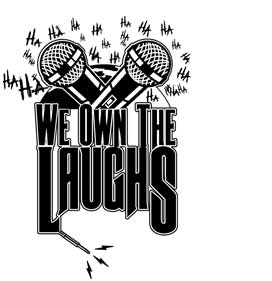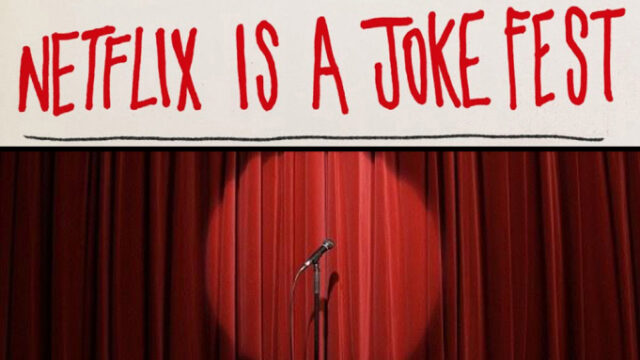(via Wall Street Journal)
Netflix Inc. has become a major platform for comedians, funding an array of specials and delivering them to its audience of more than 220 million subscribers.
Now, the streaming giant is changing how it compensates some of the comics it features, a move that could trim its costs and shift some financial burden to the artists, while giving them more control of their work, people familiar with the situation say.
In recent months Netflix has started licensing new specials from some comedians for two years for about $200,000, rather than buying them outright, which is more expensive, the people said. Previously, many comics received a lump-sum payment—often as much as $1 million—that helped pay for production costs.
The change in approach in one corner of Netflix’s comedy stable reflects a broader move within the company to control spending, as it faces new growth challenges. Netflix said it lost nearly one million subscribers in the June quarter, citing heightened competition. The company told investors it expected to keep its content spending in the current $17 billion range in the coming years.
Netflix has invested heavily in comedy programming, turning itself into one of the leaders in the genre. Its lineup includes stand-up specials from the likes of “Fire Island” writer Joel Kim Booster, as well as Taylor Tomlinson, whose work includes the special “Quarter-Life Crisis,” and “Saturday Night Live” writer Sam Jay.
Many comics, such as Ali Wong and Hannah Gadsby, have received career boosts from the success of their Netflix specials. The biggest Netflix comedy stars, such as Chris Rock and Dave Chappelle, can be paid tens of millions of dollars for a special. Netflix continues to pursue some deals that involve creating and buying stand-up specials.
Whitney Cummings, who co-created the sitcom “2 Broke Girls” and is currently on a stand-up comedy tour, is among the comics who have struck a two-year licensing deal with Netflix, according to people familiar with the agreement.
A Netflix spokesman declined to comment on the financial terms of the company’s deals with comedians. He said Netflix continues to invest heavily in stand-up comedy. The new licensing approach is “an additional, alternative pathway for comedians (at every point in their career) to work with Netflix, in response to the current market,” he said.
The licensing deals also offer more flexibility for artists who want the freedom to post clips of their content on social media, he said.
The new approach in comedy deals is an example of how Netflix can tweak its financial terms with talent to save money, while still pursuing new projects.
Comedy is an important genre for Netflix, and specials are relatively inexpensive to make, but they typically aren’t as effective as hit series in helping the company attract and retain viewers, people familiar with their performance said.
Netflix Co-Chief Executive Ted Sarandos is a big fan of the genre. Last spring, Netflix held its first in-person comedy festival, called “Netflix Is a Joke,” in Los Angeles, and in October the company will release a special filmed during the event that features comic Gabriel Iglesias. Netflix said it produced more than a dozen shows from the event, which included more than 300 comedians, and sold more than 260,000 tickets.
Talent agents said Netflix was willing to pay top dollar for comedy specials in recent years, even for those from lesser-known comics, which kept rival streaming services from nabbing that content. The change in deal structure could open the door for other streaming services, such as Comcast Corp.’s Peacock and Amazon.com Inc.’s Amazon Prime Video, to pitch deals to comedians.
Some stand-up comics have released specials on YouTube, where fans can watch for free and comics can gain visibility and earn a cut of ad revenue. Comic Rosebud Baker, for example, released her 2021 special “Whiskey Fists” directly to Comedy Central’s YouTube channel.
Netflix’s new deal structure comes with pros and cons for the performers. Under the licensing agreements, comedians will have to pay for the production of their stand-up shows upfront, people familiar with the terms said, which means they will bear costs that Netflix previously covered.
After a deal runs its course, however, those comedians will regain full control over their content and can use the material to promote future work.






[…] Gadsby is returning to the Netflix fold – nearly twelve months after slamming Co-CEO Ted Sarandos and calling the streamer an […]
Comments are closed.